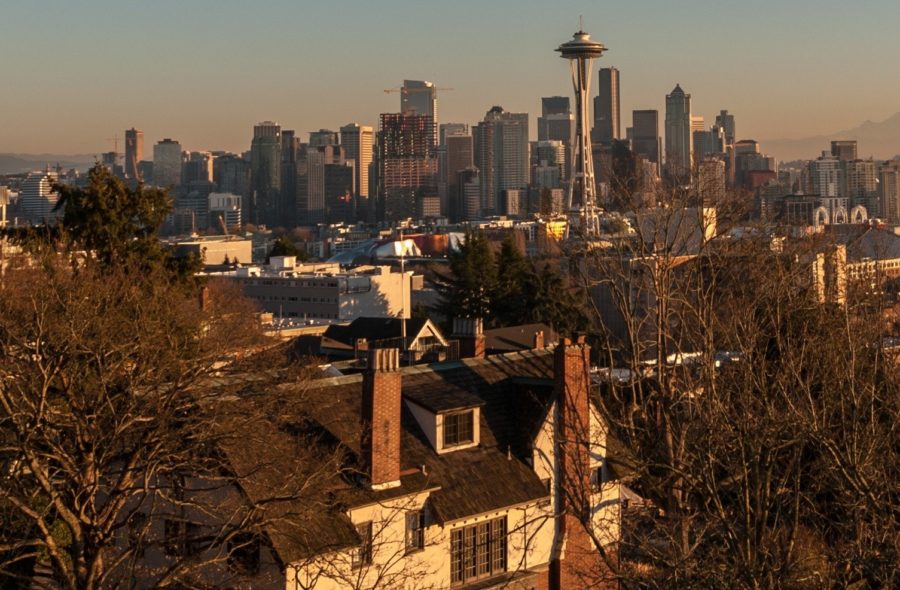Seattle’s Social Housing
A place of potential lower rents
March 3, 2023
The Seattle area is facing a housing crisis, and social housing may be a solution. Seattle residents have voted in favor of Initiative 135, which will allow for the development of mixed-income social housing in the city. Seattle residents making less than 120% of the area’s median income will qualify for mixed-income social housing.
Residents of Seattle had to turn in their ballots by Feb. 15 to vote for or against the initiative. Now that the measure has passed, the city is tasked with creating a Public Development Authority (PDA) that will “Develop, own, and maintain social housing developments in the City of Seattle,” according to the text of the ordinance. The initiative did not pass with a way to secure funding, so the city must find ways to pay for social housing development.
The PDA will use its new powers to establish publicly owned housing for residents that earn zero to 120% of the area’s median income. Seattle’s area median income was $120,907 in 2022. People living in PDA developments will pay no more than 30% of their income in rent. Those who make a higher wage will pay a higher dollar amount than those who make a low income, which will subsidize the housing of low-income tenants.
Homelessness is rising in King County, especially among students. Communities Count, a governmental organization providing data for King County, says that compared to the 2007-2008 school year, there was “…a 2.5-fold increase in the number of students experiencing homelessness” in the 2016-2017 school year which was the last year for which data is available. Another survey completed this year by the Washington Student Achievement Council found that a third of students in Washington face housing insecurity.
According to the organization responsible for getting this initiative onto the ballot, I-135 would create permanently affordable housing, which would help alleviate the housing crisis in Seattle. Additionally, the PDA will not compete with other forms of affordable housing in the city. A critical difference between public and social housing is the democratic control residents have over their buildings. Residents of PDA developments will control how much they pay to maintain and develop their property and make decisions about the property in a democratic manner.
Seattle residents are attempting to address their housing crisis by forming a public authority that will have the power to acquire and build property for mixed-income housing. Rent will cap at a max of 30% of a resident’s income, and the rent of high-income earners will subsidize the rent of low-income earners. Residents will also have democratic decision-making powers within their development, allowing them to decide on the conditions of their buildings. Social housing may be a solution for the Seattle area, but more work still needs to be done.
Read the full text of Initiative 135 here.






